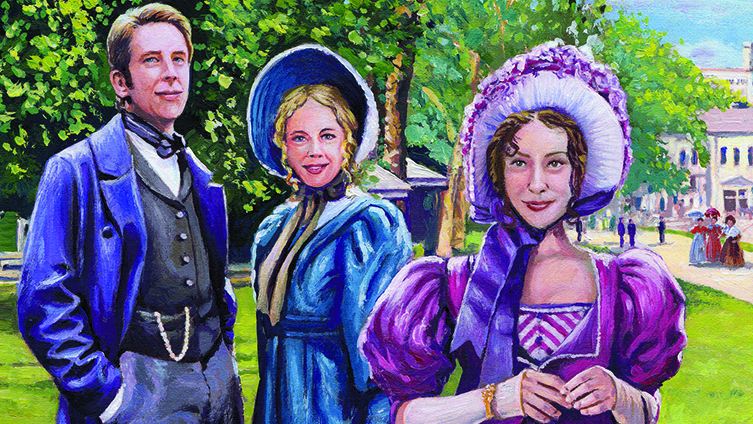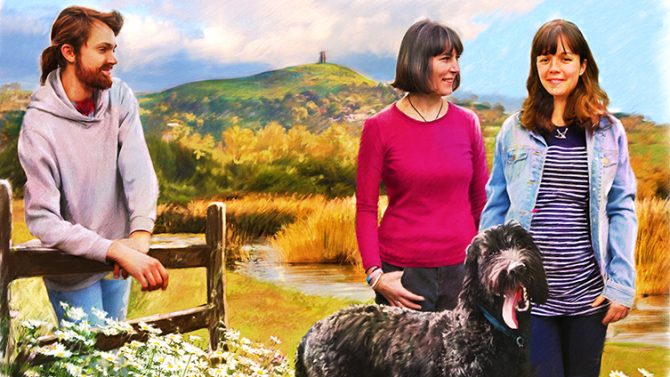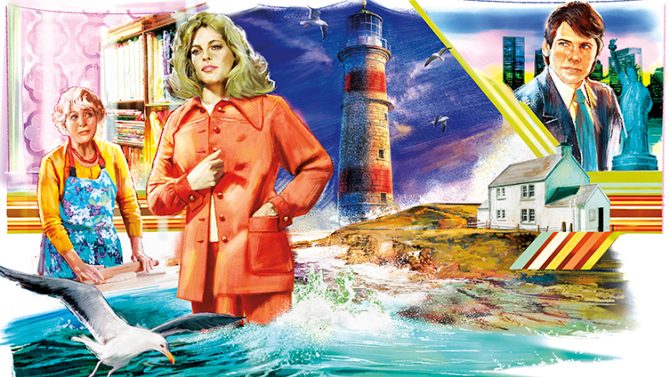On Distant Shores – Episode 45

“What do you think to Burma, then, Miss Moore?” Adoniram Judson came to stand by the rail of the boat, his gaze on the near shore, dense with tropical vegetation, the branches of the pomelo trees brushing the water.
“I have not yet formed an opinion,” Isabel answered with a smile. “Although on first glance it appears to be an even wilder place than India.”
“Indeed it is,” Judson said sombrely. “The Burmese are far more hostile to our efforts than the souls you encountered in India, but once persuaded, they have been the most faithful friends and fellow labourers. I have been honoured to have served here, Miss Moore. Honoured.”
Isabel heard a slightly melancholy note in the older man’s voice, and she answered with deliberate lightness.
“And you shall continue to do so for many years, I am sure.”
Judson shook his head.
“We shall see what the Lord wills, but I am not a young man.” He held up one hand to staunch her protest. He was in his early fifties, she knew. “Life in a place such as this is difficult, Miss Moore. It is short. I’ve seen many men, women, and unfortunately children, die in these lands, from one tropical fever or another. It is as the Lord wills, but you should know.”
“Yes,” Isabel answered slowly, some of her excitement dimming in the face of such hard truths and Judson’s rather grim countenance.
His features softened suddenly, a smile deepening the lines that bracketed his mouth.
“I am not attempting to alarm you, though I recognise it might seem to the contrary. I only want you to be prepared. So many who come out here are not.”
“I don’t know if one can ever truly prepare for a life such as this.”
“Perhaps not. We must simply hold on to our faith.”
Isabel only nodded, for her faith felt a rather slippery thing, hardly the anchor it was for a man like Adoniram Judson – or perhaps even John Braeburn – which made coming all this way to live in such harsh conditions for a man she did not know seem foolhardy in the extreme.
“You do not have to marry Mr Braeburn if you don’t suit,” Judson said quietly, and Isabel wondered if he’d somehow guessed her thoughts.
“I could not stay in Burma otherwise,” she replied.
“Could you not?”
Surprise had her turning to the older man, her jaw dropping in a most inelegant manner before she thought to snap it shut.
“An unwed woman – surely not, Mr Judson?”
“The marriage policy has been under review for some time, Miss Moore. There are several women – unmarried women – who have a strong calling to this mission field. Should one insist they marry in order to meet this calling? I think not.”
“But –”
“Of course, it is better for missionaries to be wed. It is a lonely occupation, filled with danger and discouragement. To have a mate and confidante in the midst of trials is welcome, perhaps essential, at least in some cases.”
“I had no idea,” Isabel murmured. To think she could have stayed in India – or come to Burma – without linking herself to a man! Why had no-one told her?
“I tell you now,” Judson resumed after a moment, seeming to have read her thoughts perfectly yet again, “in case you and Braeburn do not suit at all, and yet you still feel a calling to the work here in Burma. However . . .” he turned to look at her, his kindly face seeming, for a moment, both knowing and shrewd “. . . one should only consider remaining in the mission field if it is one’s deepest desire and God’s will. It is not the life for a last resort.”
Isabel blushed and he smiled, his voice gentling.
“I think, perhaps, dear Miss Moore, your calling is not to missions, but to marriage.”
The boat came sluggishly around a bend in the river, and Judson turned, nodding towards the horizon where a huddle of rather rickety buildings could be seen, along with the ancient-looking pagodas and peculiar Burmese zayats.
“We are almost at Maulmein.”













